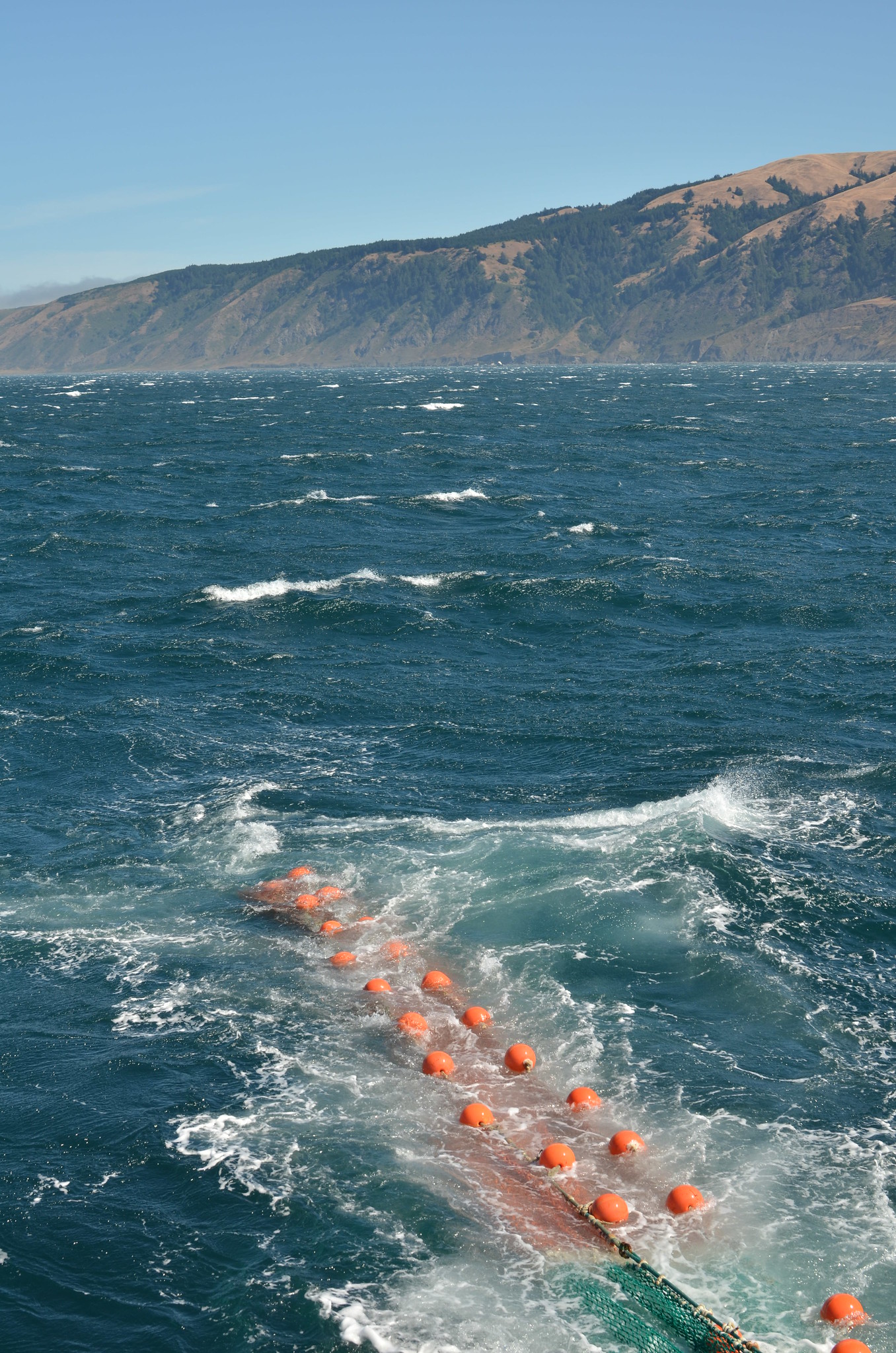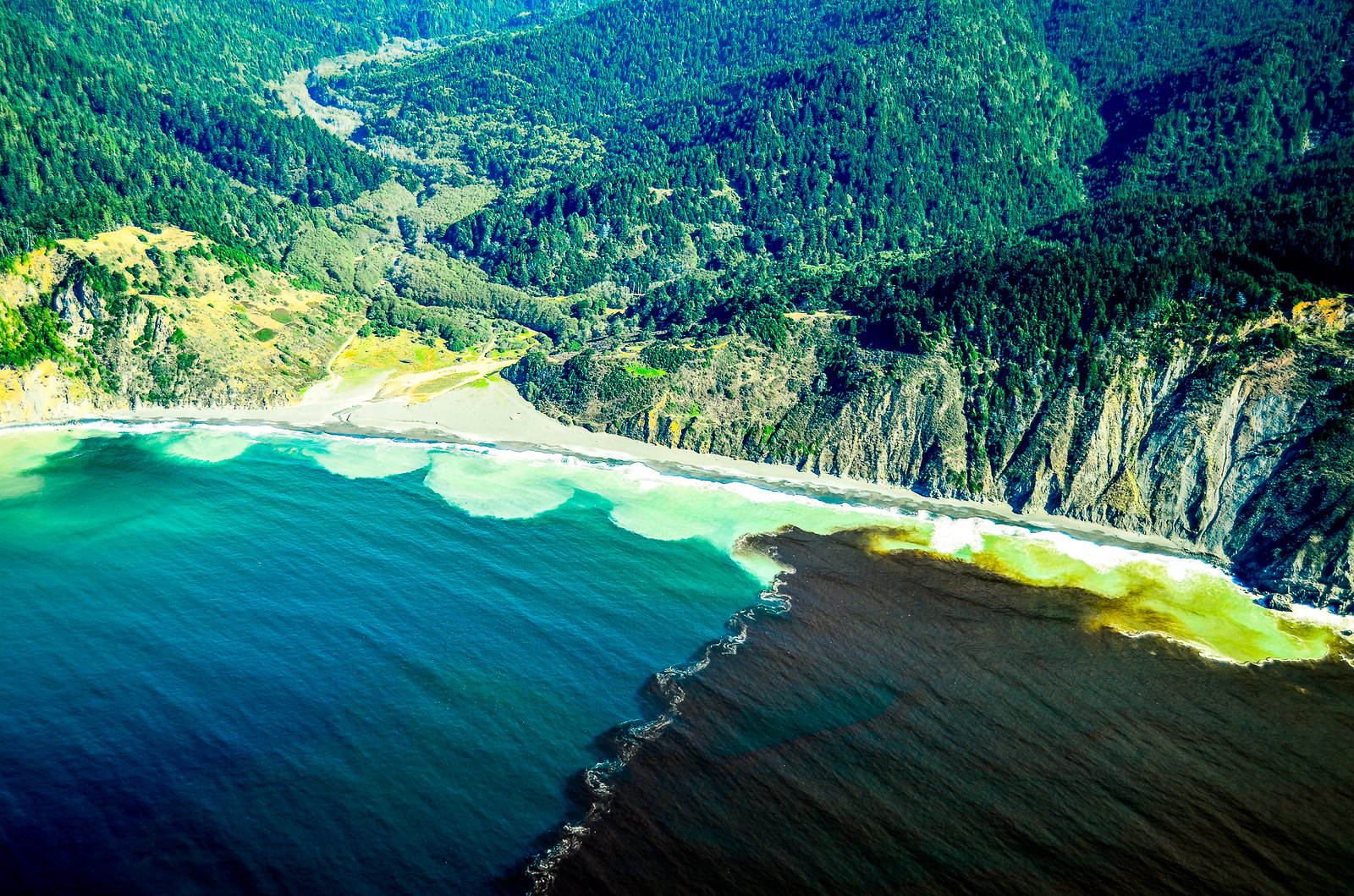André Punt
Chair
University of Washington
OMF-5
What role can financial instruments, such as insurance, play in fisheries climate adaption and the management process?
What role can financial instruments, such as insurance, play in the fisheries climate adaption and management process?
Financial instruments such as insurance are available to help farmers manage climate shocks such as drought. Yet, similar risk management tools are almost entirely absent from coastal communities.
Understanding whether financial tools can be developed for application in the fisheries space requires a highly multidisciplinary approach, including information from the social sciences, natural sciences, fishing communities and insurance providers. The availability of tools such as insurance could increase equity among fishing communities by allowing participants (including vessel owners, crew, and those in supporting marine industries) access to funding in times of crisis. However, it is currently unclear whether the insurance industry is capable of pricing risk or willing to insure fisheries, and whether this could be implemented to achieve the goals of equity and environmental justice. Our aim will be to design new risk-transfer tools that specifically address the needs of coastal communities facing climate shocks equitably and efficiently.

Can financial risk management tools, like an insurance market, be designed for coastal communities to increase resilience to climate shocks?
Climate shocks, such as marine heatwaves, harmful algal blooms, and large-scale hypoxic events, threaten resilience of coastal communities. The vulnerability of coastal communities is inversely related to their adaptive capacity, which is often influenced by individual access to capital. Insurance models, that include climate projections and potential impacts on management and support networks, could assist with fishery dependent communities climate adaptation.
We will conduct research and develop guidance on how to design financial tools specifically for coastal communities whose economic productivity is threatened by climate shocks, in particular marine heatwaves, harmful algal blooms and large-scale hypoxic events.
The goals of this group include:

Seattle, Washington